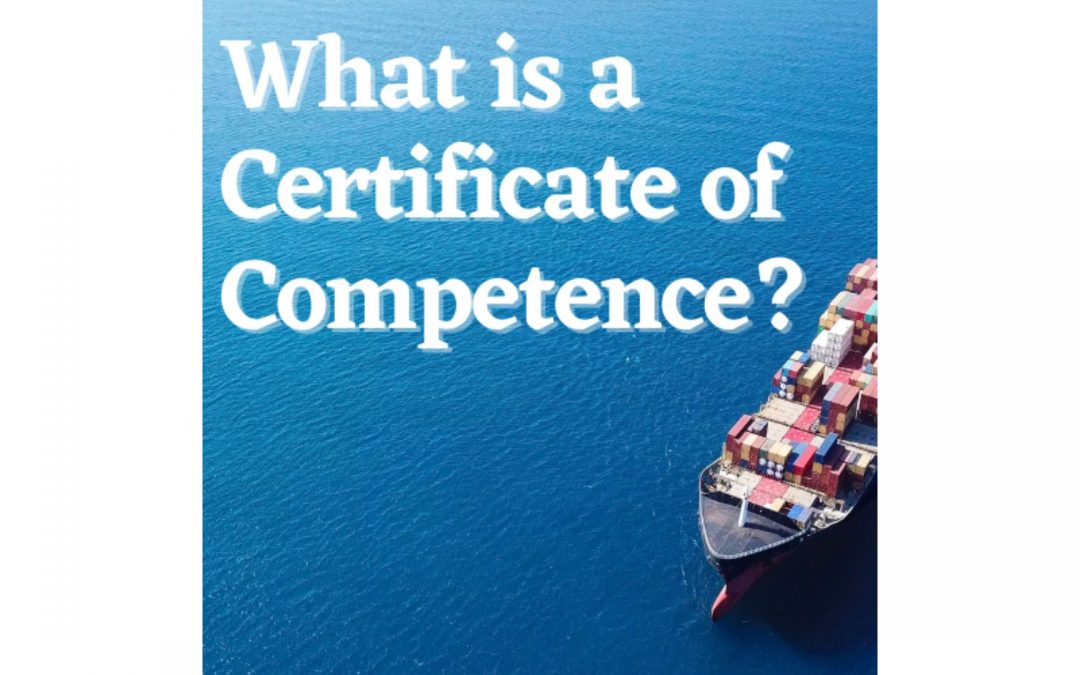If you’re considering joining the Commercial Maritime industry, it’s likely that these four letters “STCW” are going to become some of your most commonly heard letters during training and your certification as well.
STCW stands for Standards for Training, Certification, and Watchkeeping for Seafarers. The four main components of the STCW includes Fire Prevention and Fire Fighting (Basic Firefighting), Personal Survival Techniques (PST), Personal Safety and Social Responsibility (PSSR), and, First Aid / CPR (Basic First Aid). But in fact, this is simply an acronym for the conventions set for the “Standards for Training, Certification, and Watchkeeping for seafarers”, and they were adopted by the International Maritime Organization (IMO) in 1978 to ensure all seafarers across the world meet a certain level of minimum training from level zero to Officer / Master level.
It is for sure and mandatory for every seafarer aboard a commercial vessel, from Captains and Officers to Chefs and Stewardesses, all have to complete the STCW training before beginning work at sea. These layouts the basic knowledge needed to keep the seafarers and others safe on any vessel from a cargo ship to a Superyacht. Once these modules have been fulfilled, the trainee should be competent in preventing any incidents, but also be able to quickly and efficiently resolve any issues that arise, protecting both themselves and others.
Apart from that to obtain an STCW Certificate of Competence, you first need to complete a training program approved by the issuing administration or complete a period of approved seagoing service. For most certificates, you will need a combination of both.
STCW Certificates are important as they are the main paper evidence you have on hand to prove that your level of maritime education and training, your length of service at sea, your professional competence, medical fitness, and age all comply with STCW standards. These certificates can ONLY be issued by an IMO member Flag States but absolutely not by third-party private entities (ISSA for instance) such certificates are considered fake documents and completely useless. Every Flag State to the convention has to ensure that certificates are only issued to those seafarers who meet STCW standards.
So, the STCW Certificate of Competence is your main document, received upon completion of a training program approved by the issuing administration and generally completion of a period of approved seagoing service. An STCW COC is issued by an IMO member Flag State to Masters, Engineers, Officers, Operators, and ratings forming part of a watch who meet the standards of competence relevant to their particular functions and level of responsibility on board.
In short, a certificate issued and endorsed by the administration, for masters, officers, and operators in accordance with the provisions of chapters II, III, IV, or VII and entitles the lawful holder thereof to serve in the capacity and perform the functions involved at the level of responsibility specified.
Therefore, the certificate of competency (COC) is a form of license every mariner is granted to work on ships. The certificate ensures that the concerned person has sufficient knowledge and skills to sail on ocean-going vessels. However, COC is not something that once awarded cannot be taken back, canceled, or suspended. Its validity is directly proportional to the conduct and performance of a seafarer. If the concerned authority is not satisfied or receives complaints about any kind of wrongdoing by a seafarer, his or her COC can be canceled or suspended for an indefinite period.
It is therefore important that every seafarer should know all the important points related to the cancellation or suspension of the certificate of competency (COC).
1. Incompetency: A seafarer’s COC can be suspended if any action resulting from incompetency has to lead to a shipping accident involving injury, death of a person, or damage to the ship’s property.
2. Misconduct: If a seafarer is found guilty of acts of misconduct that have led to any kind of damage to the ship (collision, stranding, or abandonment), the concerned person’s COC can be temporarily or permanently suspended until a proper investigation is not carried out.
3. Providing Misleading Information: COC of a seafarer can also be suspended if the person is found to intentionally provide misleading information which has led to a shipping casualty, injury, or death of a person.
4. Tyranny/Misbehavior: In case a seafarer is found guilty of actions involving violence, misbehavior with fellow seafarers, or physical harassment which has led to serious injury, death of a person or damage to the ship, his or her COC may be suspended or permanently canceled.
Important Points to Note:
However, it is to note that cancellation or suspension of a seafarer’s COC will be done only after proper investigation and inquiry have been made by the concerned authority. An order for cancellation of COC will be passed only after the guilty person has been given a reasonable opportunity to provide an explanation for his or her wrongdoing. This can be done through an appropriate show-cause notice.
A seafarer, whose COC has been canceled or suspended can appeal to the concerned authority against such an order. This has to be done only within a certain number of days after the order of suspension of COC has been given.
A mariner should always keep a check on his actions while on the ship and ensure that no action of his is resulting harmful to the ship or its crew members.
So, this was all about “COC: Certificate of Competence” a budding seafarer should know. Let us know in the comments below what next would you like to read in our upcoming blogs!






